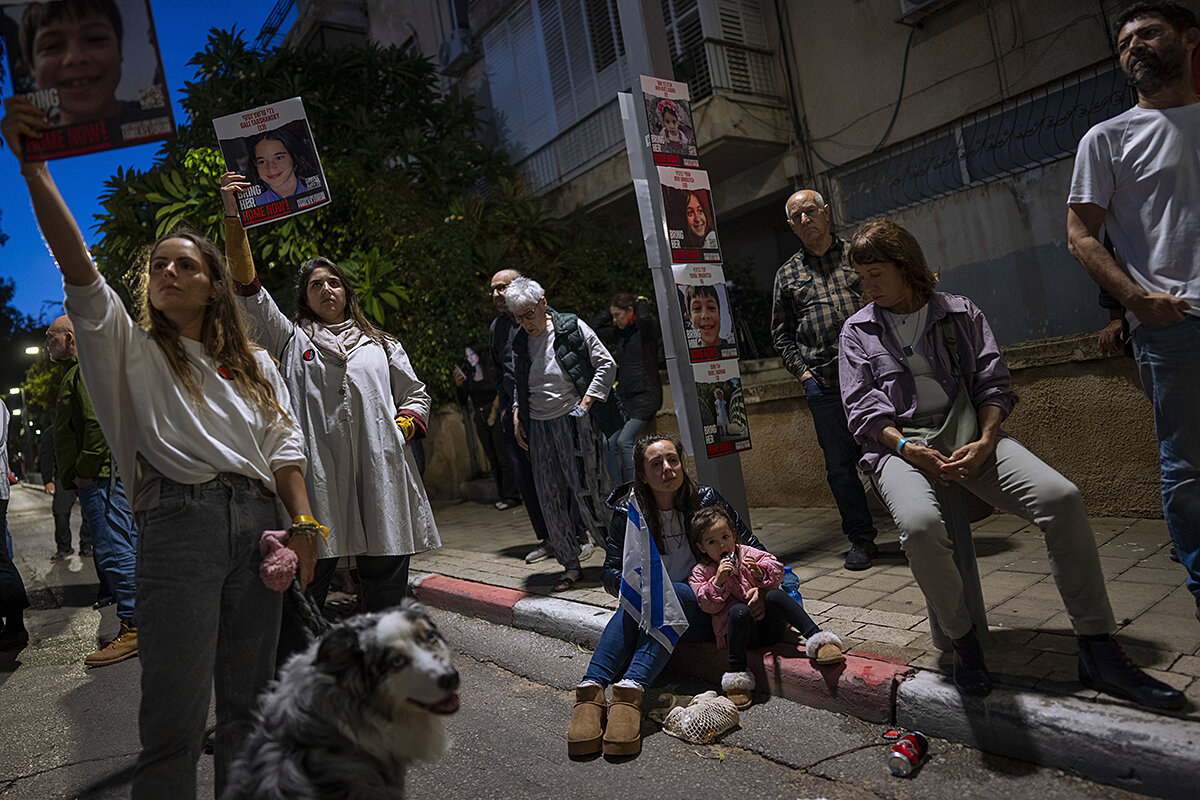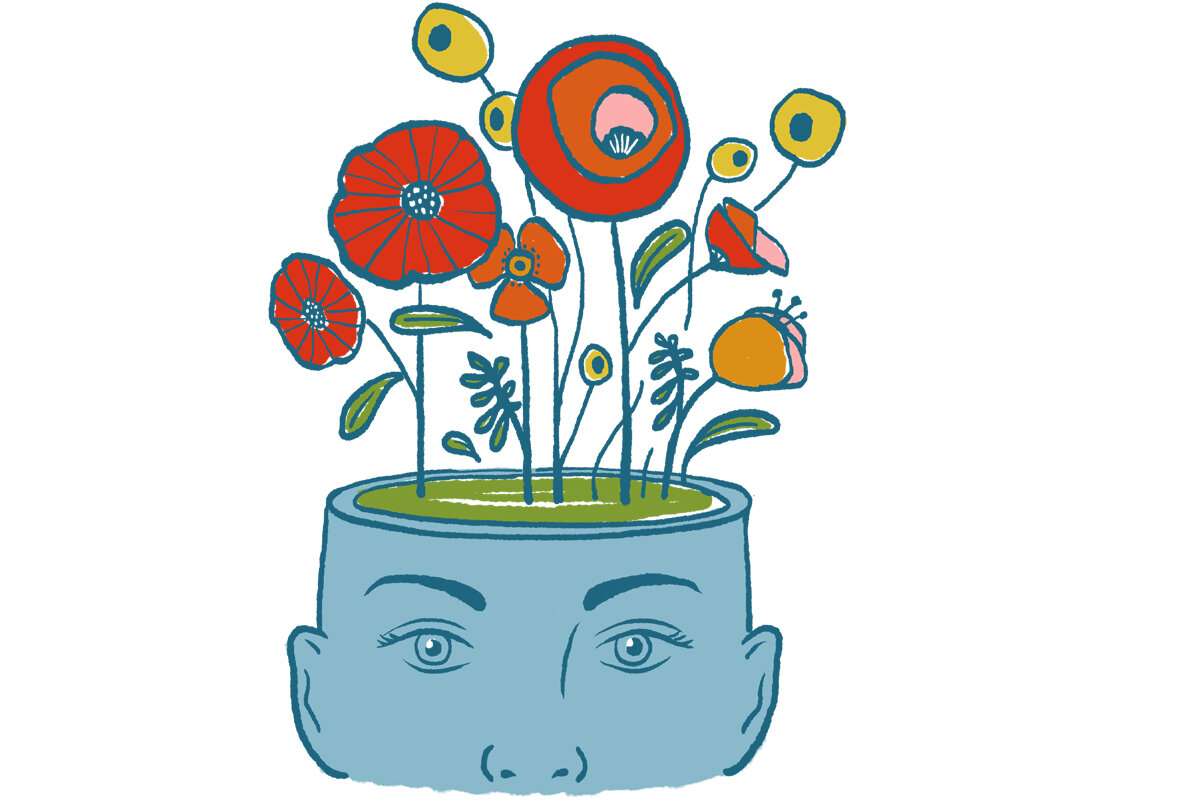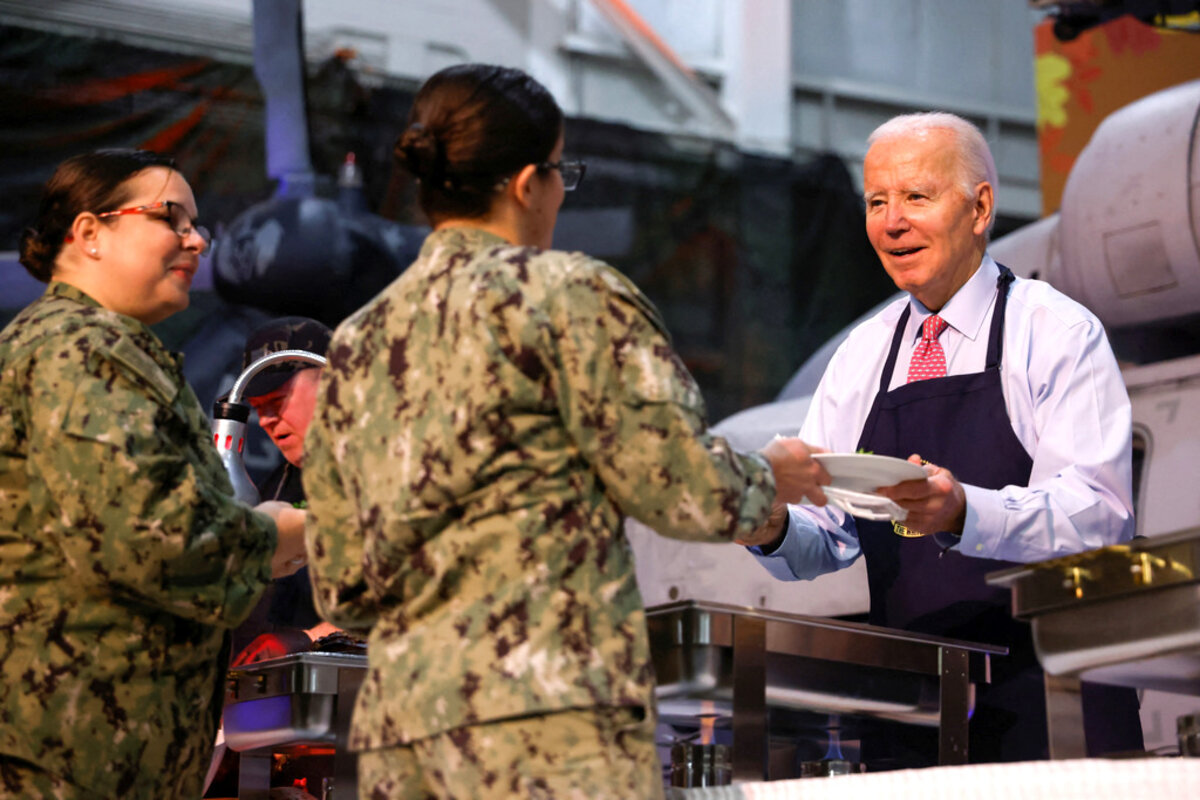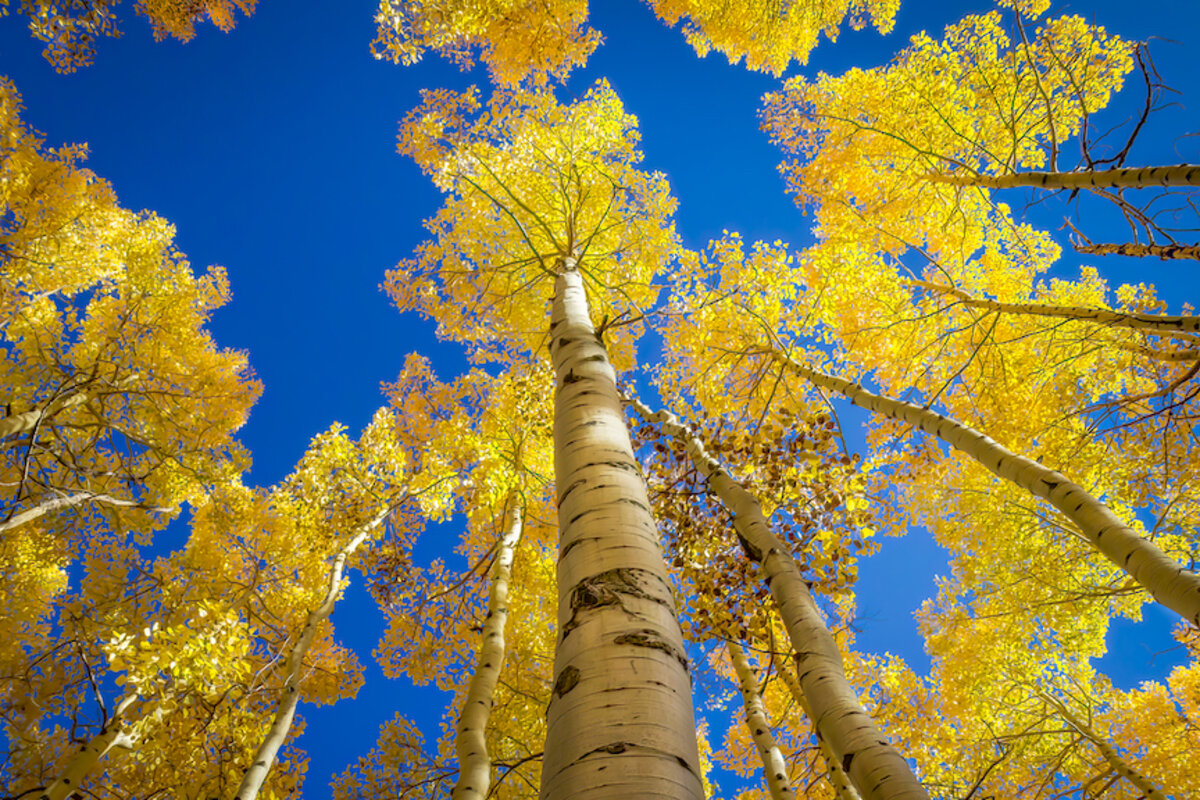Wednesday saw the first major diplomatic breakthrough since the Israel-Hamas war began. Prisoners will be exchanged, and a four-day pause in the fighting will allow humanitarian aid into Gaza. But in Israel, there’s no sense that the end of the war is close.

Why is ���Ǵ��� Science in our name?
Our name is about honesty. The Monitor is owned by The First Church of Christ, Scientist, and we’ve always been transparent about that.
The church publishes the Monitor because it sees good journalism as vital to progress in the world. Since 1908, we’ve aimed “to injure no man, but to bless all mankind,” as our founder, Mary Baker Eddy, put it.
Here, you’ll find award-winning journalism not driven by commercial influences – a news organization that takes seriously its mission to uplift the world by seeking solutions and finding reasons for credible hope.
Explore values journalism About usAlready a subscriber? Log in
Already have a subscription? Activate it
Ready for constructive world news?
Join the Monitor community.
SubscribeMonitor Daily Podcast
- Follow us:
 Mark Sappenfield
Mark Sappenfield
Some of you will know of my friend, Duncan Newcomer, a Monitor reader and Lincoln scholar. I’ve mentioned him here before. In honor of Thanksgiving in the United States – a national holiday established by Abraham Lincoln – he sent me , perfectly calibrated for this moment in America and the world. I hope you enjoy.
So we must think anew,
And act anew.
We must disenthrall ourselves.
We are not enemies,
But friends.
We must not be enemies.
We cannot separate.
There is no line, straight or crooked,
Upon which to divide.
We cannot escape history.
No personal significance, or insignificance,
Can spare one or another of us.
The mystic chords of memory
Will yet swell the chorus of union
To every living heart
And hearthstone,
And again touch
The better angels of our nature.
Already a subscriber? Log in
Help fund Monitor journalism for $11/ month
Monitor journalism changes lives because we open that too-small box that most people think they live in. We believe news can and should expand a sense of identity and possibility beyond narrow conventional expectations.
Our work isn't possible without your support.
Today’s stories
And why we wrote them
( 6 min. read )
( 3 min. read )
There is much hand-wringing about artificial intelligence, and for good reason. Can we develop it responsibly, or will profits push scruples aside? OpenAI embodied an interesting approach to that question. The company’s descent into chaos this week points to the challenges ahead.
Podcast

Listen: The transformative power of giving thanks
The rest of today’s Daily focuses on the themes of this holiday weekend in the United States. First, one of our reporters went deep on gratitude last Thanksgiving with a story about letters of thanks, and then he joined our podcast to talk about it. For this holiday season, he’s back with a personal update after an illuminating year.
One Reporter’s Guide to Gratitude
Book review
( 5 min. read )
Turkey leftovers aren’t the only food that gets thrown out. More than 125 billion pounds of uneaten food ends up in U.S. landfills each year. But these cookbook authors don’t just help readers eat well. They also help you reduce food waste in commonsense ways.
( 5 min. read )
In tough times, being grateful can feel difficult, even a forced form of “suffocating optimism.” But this writer went deeper. In seeking something more active than counting blessings, she found awe and appreciation – even transformation – in her connection with others.
The Monitor's View
( 2 min. read )
When wars break out in distant lands, it is natural to care for the innocent people put in harm’s way. Such caring has risen dramatically during the war between Israel and Hamas in Gaza. Some favor concern for Israelis, others for Palestinians. Yet others reach for a higher practice of care, rooted in the tenets of religious faith.
At a church in Palo Alto, California, for example, local rabbis, imams, and clergy from other religious traditions gathered Nov. 11 for a prayer vigil in response to the war, but aimed at healing divides in their own community. “We’ve grieved together, we’ve wondered what we might bear witness to during this very difficult time,” the Rev. Eileen Altman, associate pastor at the city’s First Congregational Church, told the Palo Alto Weekly.
“We felt like, even if we don’t quite know what to say yet, we know we want to pray together for peace. We want to sing together, we want to pray together. We want to be together.”
That solemn unity and praise is at the heart of the Thanksgiving holiday in the United States. In times of peace and prosperity, Americans gather to share gratitude for the blessings in their lives. During times of war, the occasion carries an even deeper resonance.
In 1863, during the American Civil War, President Abraham Lincoln proclaimed the first national Day of Thanksgiving and Praise. In the midst of a conflict “of unequalled magnitude and severity,” he implored Americans to “solemnly, reverently and gratefully” acknowledge God’s mercy “with one heart and one voice.” Marking Thanksgiving in 1940, before the United States had entered World War II, first lady Eleanor Roosevelt urged an obligation toward “our fellow human beings – people ... whom we could love and understand if it were not for this thing called war.”
At the turn of the 20th century, Mary Baker Eddy, who founded ���Ǵ��� Science and this newspaper, wrote in The Boston Globe that Thanksgiving “signifies that love, unselfed, knocks more loudly than ever before at the heart of humanity and that it finds admittance.”
One reason for the prayer vigil in Palo Alto was to open doors between strangers in the community. “How do we love our neighbors if we don’t even know them?” asked Samina Sundas, a Muslim civil rights advocate and an organizer of the event. “So my request to my fellow Americans would be: Please get to know your neighbors. ... Because the only way this can subside – this war and violence – is if we see each other and see our humanity,” she said, according to the Palo Alto Weekly.
That kind of selfless love needs no special day for gratitude. In seasons of war, it is especially needed to express moments of union that can help open windows for peace.
A ���Ǵ��� Science Perspective
Each weekday, the Monitor includes one clearly labeled religious article offering spiritual insight on contemporary issues, including the news. The publication – in its various forms – is produced for anyone who cares about the progress of the human endeavor around the world and seeks news reported with compassion, intelligence, and an essentially constructive lens. For many, that caring has religious roots. For many, it does not. The Monitor has always embraced both audiences. The Monitor is owned by a church – The First Church of Christ, Scientist, in Boston – whose founder was concerned with both the state of the world and the quality of available news.
( 1 min. read )
It’s natural for a song of praise to rise up as we witness how abundantly God bestows goodness upon His spiritual creation.
Viewfinder

A look ahead
Thank you for joining us today. As you might have noticed, tomorrow begins the Thanksgiving holiday weekend in the United States. And I can attest that Black Friday has made it to Europe, too. (They call it Black Week – in English, curiously – here in Germany.) With all that turkey-eating and deal-shopping, the next issue of ���Ǵ��� Daily will come to you on Monday, Nov. 27.
You can look forward to more on the situation in the Middle East, the legal defense taking shape around former President Donald Trump, and the next installment in our Climate Generation series. We’ll see you then!








